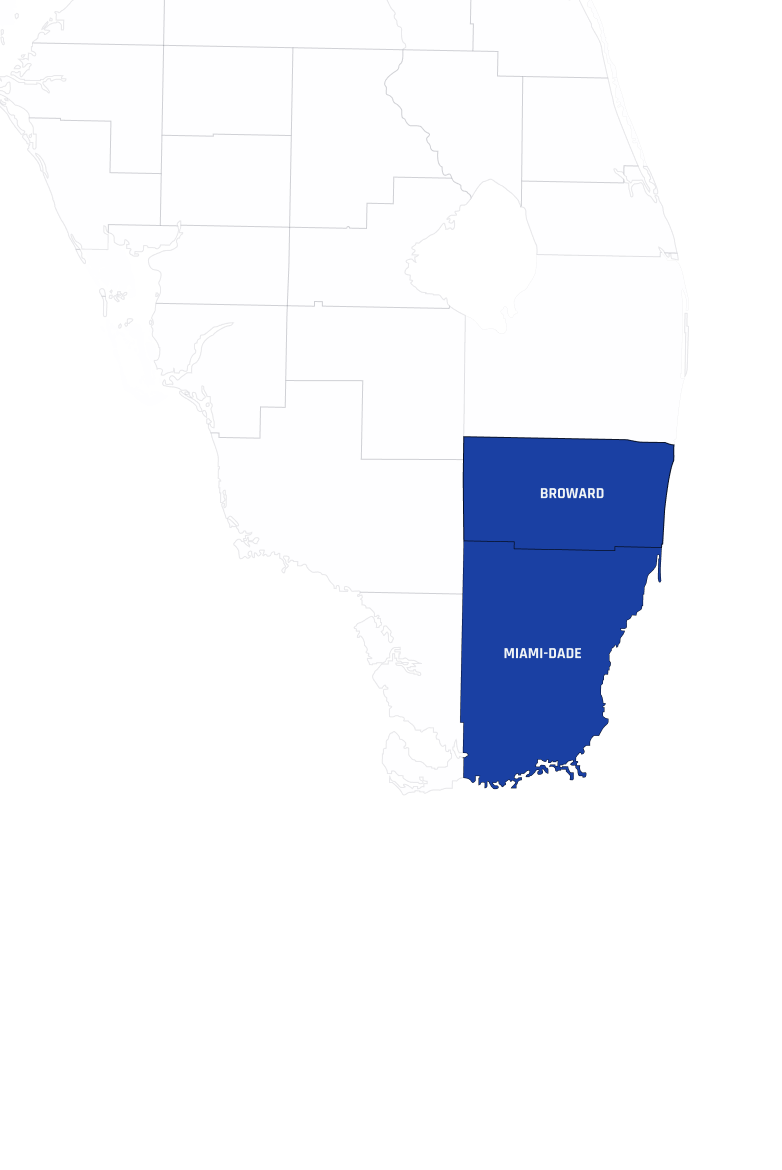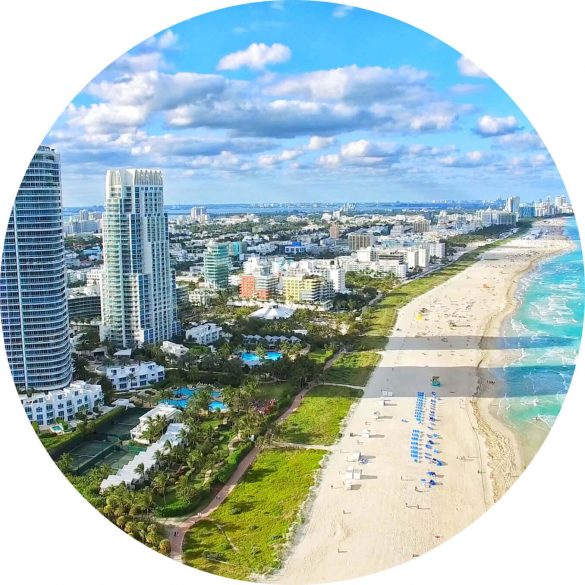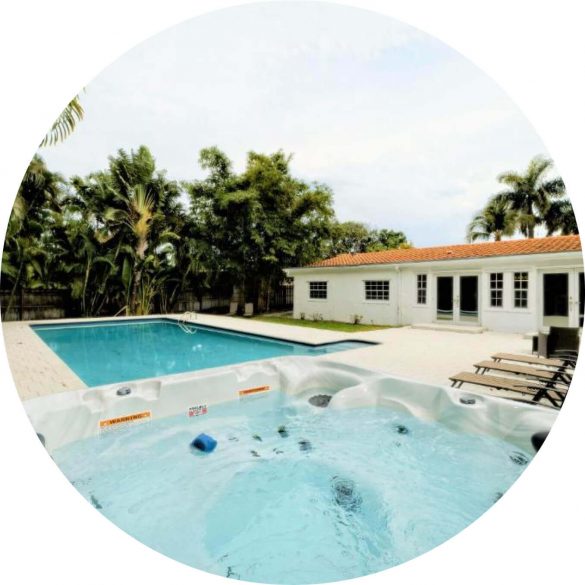We are happy to meet at a private or community/neighborhood pool of your choice near you.

Find Swimming Lessons Near You in Miami
Broward
Are Private Swimming Lessons Available Near You?
Can I Get Private Swimming Lessons At My Home?
We also offer private swimming lessons in the convenience of your own home pool.

Private Swimming Lessons Classes Near You
You have total flexibility in both scheduling and location. We are happy to meet you at a private pool of your choice that is both convenient for you and where you feel comfortable.
If you are looking for a private swimming coach in the Miami area, reach out to us today to schedule your first session.

Private Swimming Lessons at Home Pools in Miami
If you have a pool at your home, we are happy to come to you. Many adults are more comfortable in their own private backyards. Many families also find that their children learn to trust the water and their own abilities more quickly when they first master the basics of swimming in the comfort of their own familiar backyard pool.

Slava Fattakhov
I enjoy every opportunity I get to coach, whether it is a national level university swimming team or a kid who just started exploring one of the greatest sports - swimming.